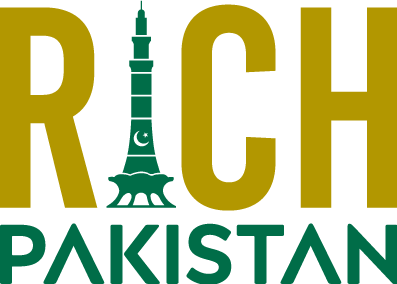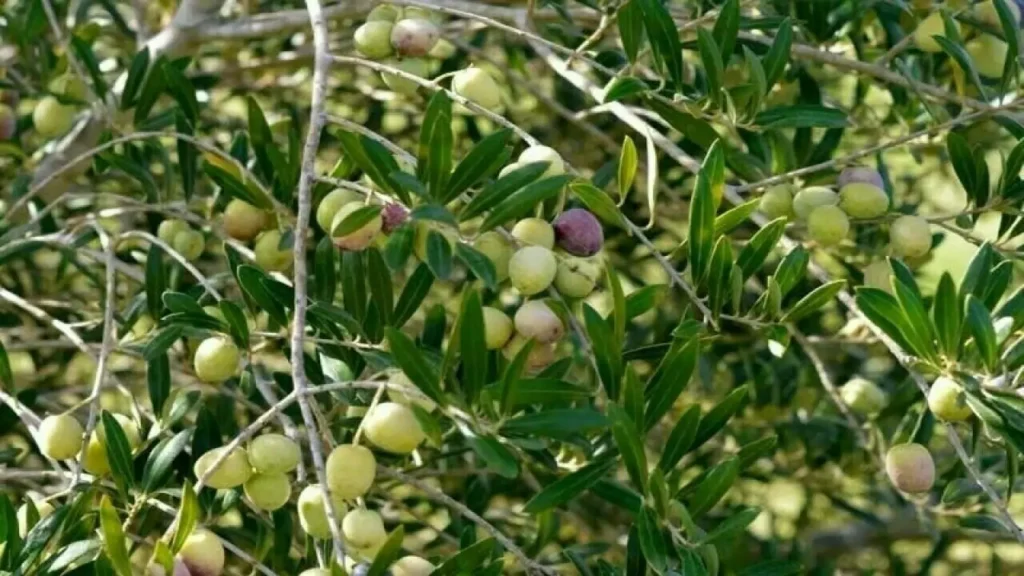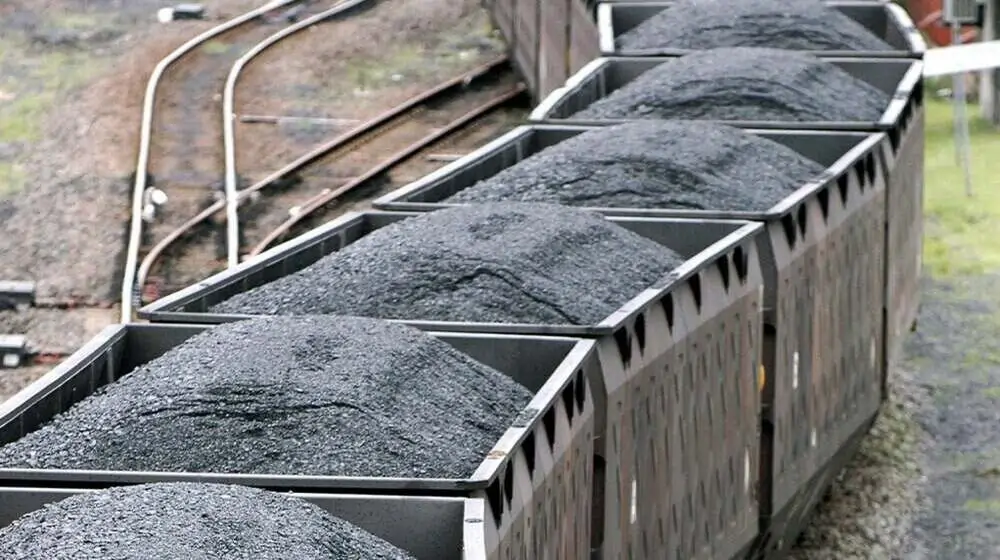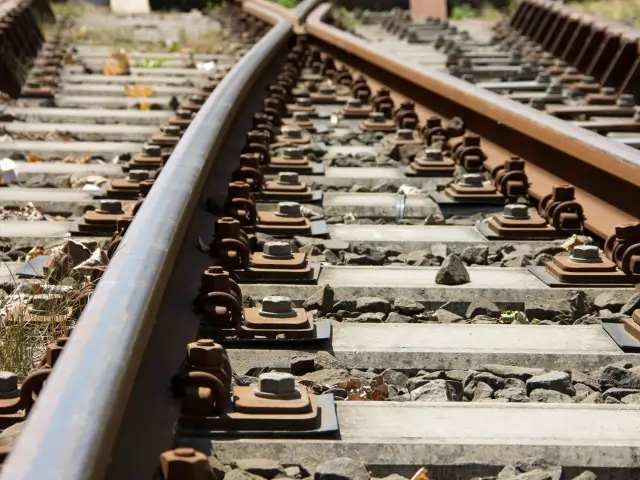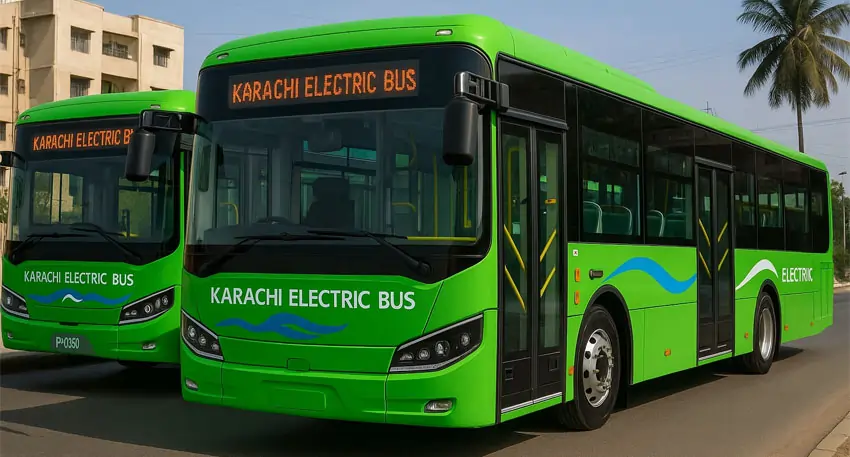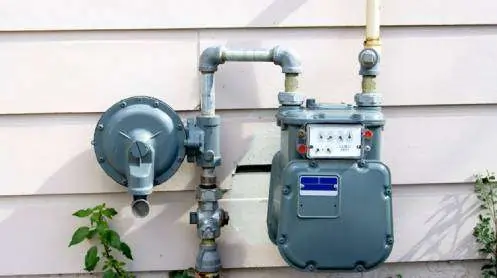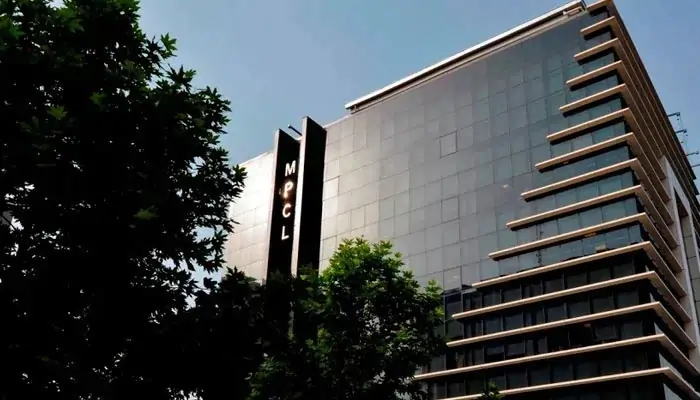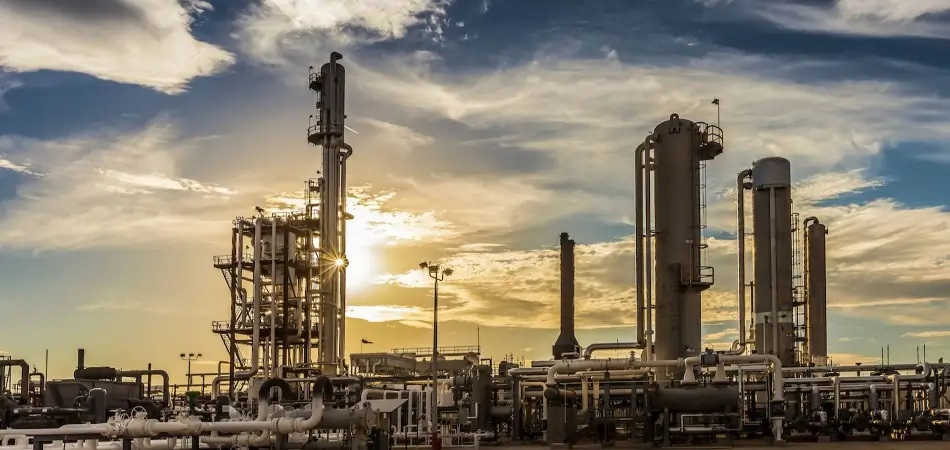QUETTA: The Trade Development Authority of Pakistan (TDAP), in collaboration with the Agriculture Department Government of Balochistan, FAO, and the Taraqee Foundation, organized a strategic awareness session at the Municipal Hall, Loralai to highlight the export potential of Balochistan’s olive sector and align it with international market requirements.
Delivering the keynote address, Mr. Zain-ul-Abideen, National Product Officer (Olives), TDAP, presented a detailed trade analysis showing that Pakistan’s olive exports have grown over 600% in five years, increasing from 15 tons in 2020 to 160 tons in 2024.
He emphasized that while this growth is promising, Pakistan must shift from low-value bulk exports to branded, certified premium olive oils to unlock its fair share in the $14 billion global olive oil market. He identified strategic markets in Bangladesh, Indonesia, Malaysia, and the Middle East, where rising demand for extra virgin olive oil offers immense opportunities.
Mr. Abideen stressed the need for value chain compliance, including Halal, Organic, and ISO certifications, Geographical Indication (GI) registration, and fast-track traceability systems to meet global buyer expectations. He also called for leveraging Export Development Fund (EDF) support to build capacity, promote Pakistani olive products internationally, and create a sustained, export-led ecosystem for growers, processors, and traders.
During the session, government and research officials, including Dr. Yousaf (DD Extension) and Mr. Habibullah Kakar (DD Research), highlighted that Loralai’s subtropical climate and improved agronomic practices have made it ideal for olive cultivation. With over 300,000 saplings distributed in 2024–25 and an 80% survival rate, the region is entering a commercially productive phase.
They emphasized the need for grafting over seed propagation and called on TDAP to help embed export protocols at the production level. Haji Asmat Kudezai, President of the Zimedar Action Committee, pointed out that Loralai currently has only one extraction unit, and at least ten units will be required by 2030 to handle expected volumes.
FAO’s Dr. Razzaq shared progress on value chain development, while Mr. Moladad (DD Research) highlighted that olives, requiring minimal water, are ideal for the region, with 108–134 trees per acre. A highlight of the event was the recognition that olives supplied by local grower Abdul Jabbar contributed to a product that recently won South Asia’s first-ever Silver Award at the 2025 NYIOOC, showcasing the global potential of Loralai-grown olive oil when processed and marketed at international standards.
The session concluded with a unified call for scaling up certification, processing capacity, and branding efforts. Stakeholders emphasized that with TDAP’s continued leadership and inter-agency coordination, Loralai can emerge as Pakistan’s leading olive oil export zone, contributing to national trade growth and rural economic transformation
